Commitment to Accessibility and Inclusion
Commitment to Accessibility and Inclusion
We are unwavering in our commitment to delivering a fully accessible and inclusive experience in everything we do. Guided by the principles of Inclusion, Diversity, Equity, and Accessibility (IDEA), we believe in leading by example — embedding these values not only in our practices, but in every outcome we produce.
To honour this commitment, we will ensure that all virtual meetings, stakeholder consultations, and engagement opportunities are designed to be fully accessible and inclusive. All project deliverables will meet or exceed accessibility standards — provided at no additional cost — as a fundamental part of our work, not an add-on.
Accessibility isn’t an accommodation — it’s a standard we hold ourselves to.
Science as a Human Right Declaration
-
Vision Statement
IDEA-STEM positively contributes to a world in which participating in and benefiting from employment, education and healthcare, particularly through science, technology, engineering, mathematics (STEM), is a universal human right, grounded in disability justice, inclusive of persons with disabilities. We envision systems transformed by the leadership, knowledge and creativity of disabled, neurodivergent, mad and chronically ill persons.
We embrace a broad and inclusive definition of science. We believe that anyone seeking to understand the natural or social world — through observation, experimentation, reasoning, or lived experience — is a scientist. This challenges narrow, discipline-bound definitions and affirms that disabled people, through navigating and adapting to inaccessible systems, are already practicing a form of inquiry grounded in innovation and resilience.
We view access to science — as knowledge, practice, and participation — as a fundamental human right. Yet systemic barriers continue to exclude many from the opportunity to learn, contribute, and thrive within scientific spaces. Our work is rooted in the belief that science must be reimagined as a collective pursuit — one that values diverse ways of knowing, centers lived experience, and ensures that everyone has the right not only to benefit from science, but to shape it.
ISC declaration (linked)
An editorial by Mahadeo Sukhai (linked)
-
Mission Statement
At IDEA-STEM, our mission is to transform systems, shape policy, and embed inclusion at every level of STEM and healthcare education, research, training, and work.
We partner across sectors to identify, remove, and prevent the barriers that persons with disabilities face — advancing equity through strategy, science, and lived experience.
Through research, policy development, and collaboration, we confront ableism, expand meaningful access, and ensure that disabled, neurodivergent, Mad, and chronically ill voices are central to decision-making.
Our work is grounded in collective care, accessibility, and human rights — building just, sustainable systems where inclusion is the standard, not the exception.
-
Our Values
Authenticity: We lead with honesty, vulnerability, and lived experience—showing up as our full selves in every space we enter.
Belonging: We create environments where everyone feels seen, valued, and empowered to thrive without needing to conform.
Justice: We challenge systemic inequities and work toward meaningful change rooted in fairness, dignity, and accountability.
Accessibility: We prioritize access from the start—designing processes, spaces, and experiences that welcome all bodies and minds.
Anti-Ableism: We actively disrupt ableist norms and build cultures where disability is understood as diversity, not deficiency.Leadership: We believe leadership is collective, relational, and rooted in care—nurturing growth in ourselves and others.
Community: We are stronger together, grounding our work in trust, connection, and the wisdom of those we serve and collaborate with.
